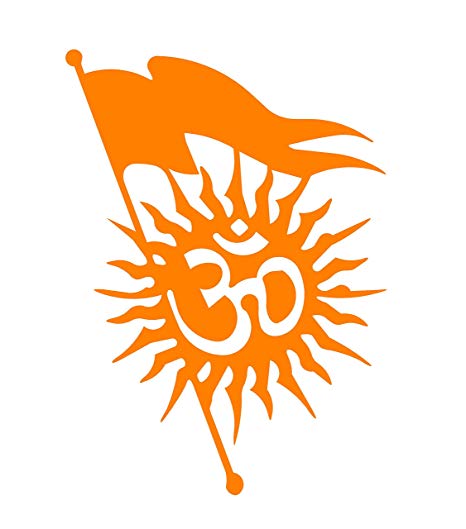Need of C++
Given the preceding discussion, you might be wondering why C++ was invented. Since C was a successful computer programming language, why was there a need for something else? The answer is complexity. Throughout the history of programming, the increasing complexity of programs has driven the need for better ways to manage that complexity. C++ is a response to that need. To better understand the correlation between increasing program complexity and computer language development, consider the following.
Approaches to programming have changed dramatically since the invention of the computer. For example, when computers were first invented, programming was done by using the computer’s front
panel to toggle in the binary machine instructions. As long as programs were just a few hundred instructions long, this approach worked. As programs grew, assembly language was invented so that programmers could deal with larger, increasingly complex programs by using symbolic representations of the machine instructions. As programs continued to grow, high-level languages were developed to give programmers more tools with which to handle the complexity.
The first widely used computer language was, of course, FORTRAN. While FORTRAN was a very impressive first step, it is hardly a language that encourages clear, easy-to-understand programs. The 1960s gave birth to structured programming, which is the method of programming encouraged by languages such as C. With structured languages it was, for the first time, possible to write moderately complex programs fairly easily. However, even with structured programming methods, once a project reaches a certain size, its complexity exceeds what a programmer can manage. By the late 1970s, many projects were near or at this point. In response to this problem, a new way to program began to emerge: object-oriented programming (OOP). Using OOP, a programmer could handle larger, more complex programs. The trouble was that C
did not support object-oriented programming. The desire for an object-oriented version of C ultimately led to the creation of C++.
In the final analysis, although C is one of the most liked and widely used professional programming languages in the world, there comes a time when its ability to handle complexity is exceeded. Once a program reaches a certain size, it becomes so complex that it is difficult to grasp as a totality. The purpose of C++ is to allow this barrier to be broken and to help the programmer comprehend and manage larger, more complex programs.
C++ Is Born
C++ was invented by Bjarne Stroustrup in 1979, at Bell Laboratories in Murray Hill, New Jersey. He initially called the new language “C with Classes.” However, in 1983 the name was changed to C+
The Evolution of C++
Since C++ was first invented, it has undergone three major revisions, with each revision adding to and altering the language. The first revision was in 1985 and the second in 1990. The third occurred during the C++ standardization process. Several years ago, work began on a standard for C++. Toward that end, a joint ANSI (American National Standards Institute) and ISO (International Standards Organization) standardization committee was formed. The first draft of the proposed standard was created on January 25, 1994. In that draft, the ANSI/ISO C++ committee kept the features first defined by Stroustrup and added some new ones. But, in general, this initial draft reflected the state of C++ at the time
How C++ Relates to Java and C#
In addition to C++, there are two other important, modern programming languages: Java and C#. Java was developed by Sun Microsystems, and C# was created by Microsoft. Because there is sometimes confusion about how these two languages relate to C++, a brief discussion of their relationship is in order. C++ is the parent for both Java and C#. Although both Java and C# added, removed, and modified various features, in total the syntax for these three languages is nearly identical. Furthermore, the object model used by C++ is similar to the ones used by Java and C#. Finally, the overall “look and feel” of these languages is very similar. This means that once you know C++, you can easily learn Java or C#.





0 Comments